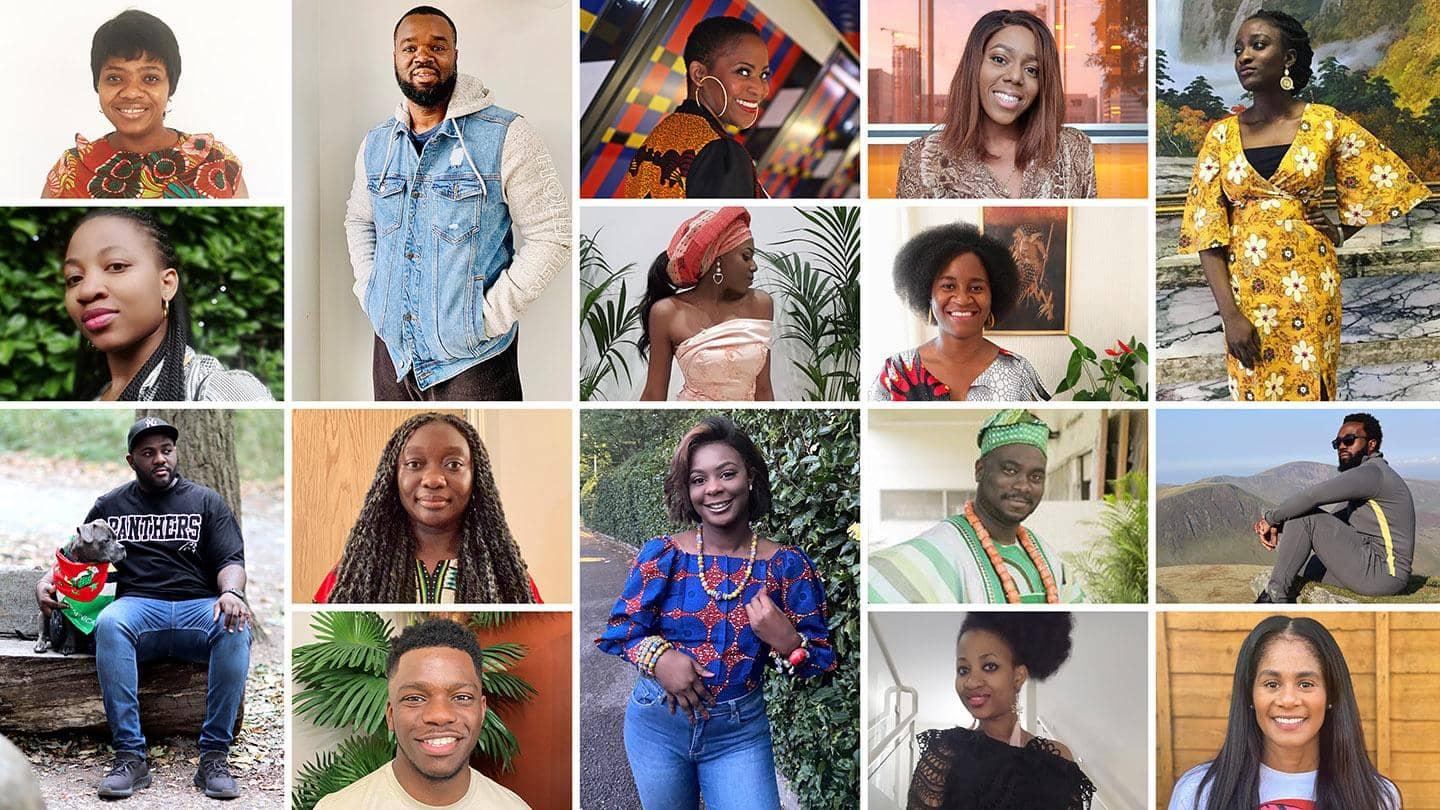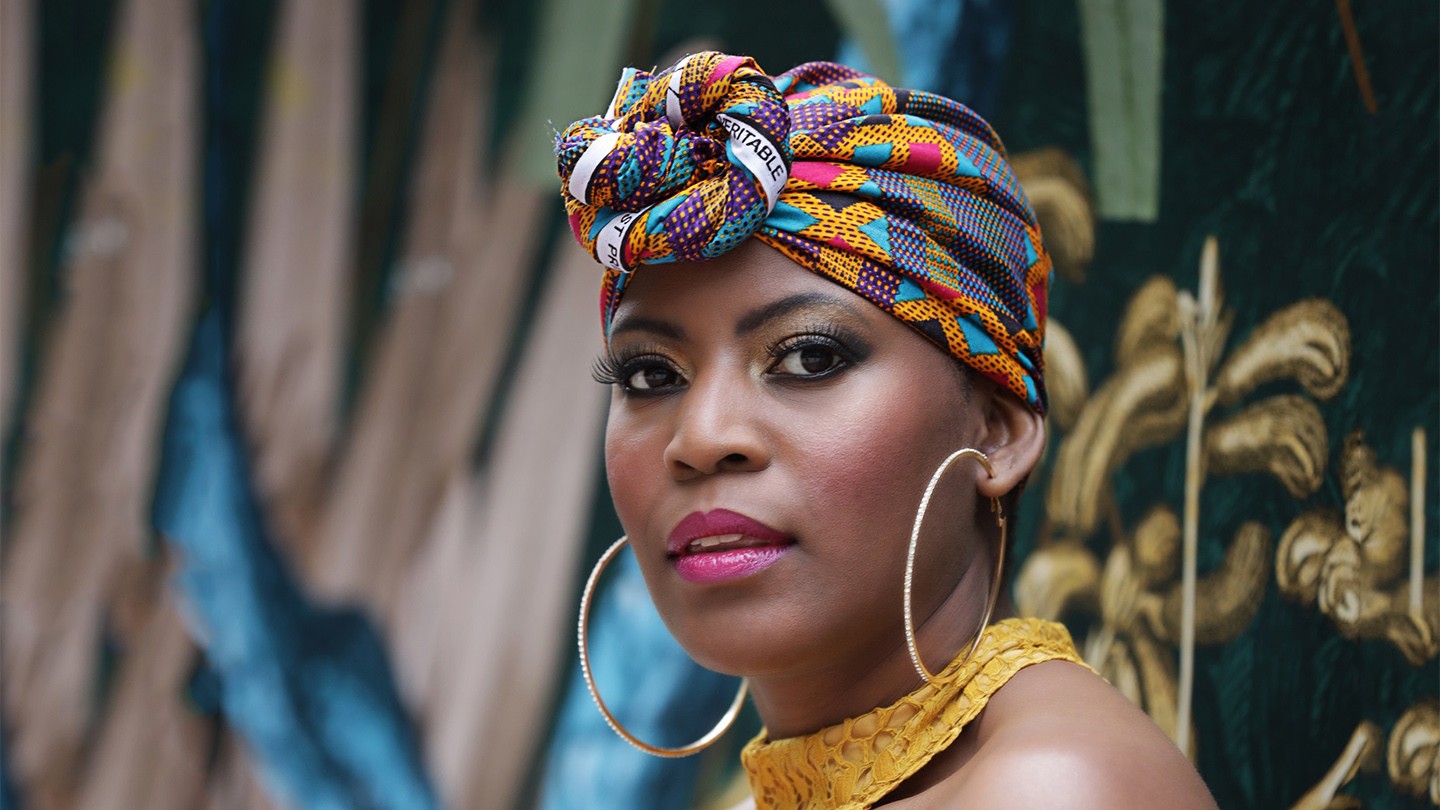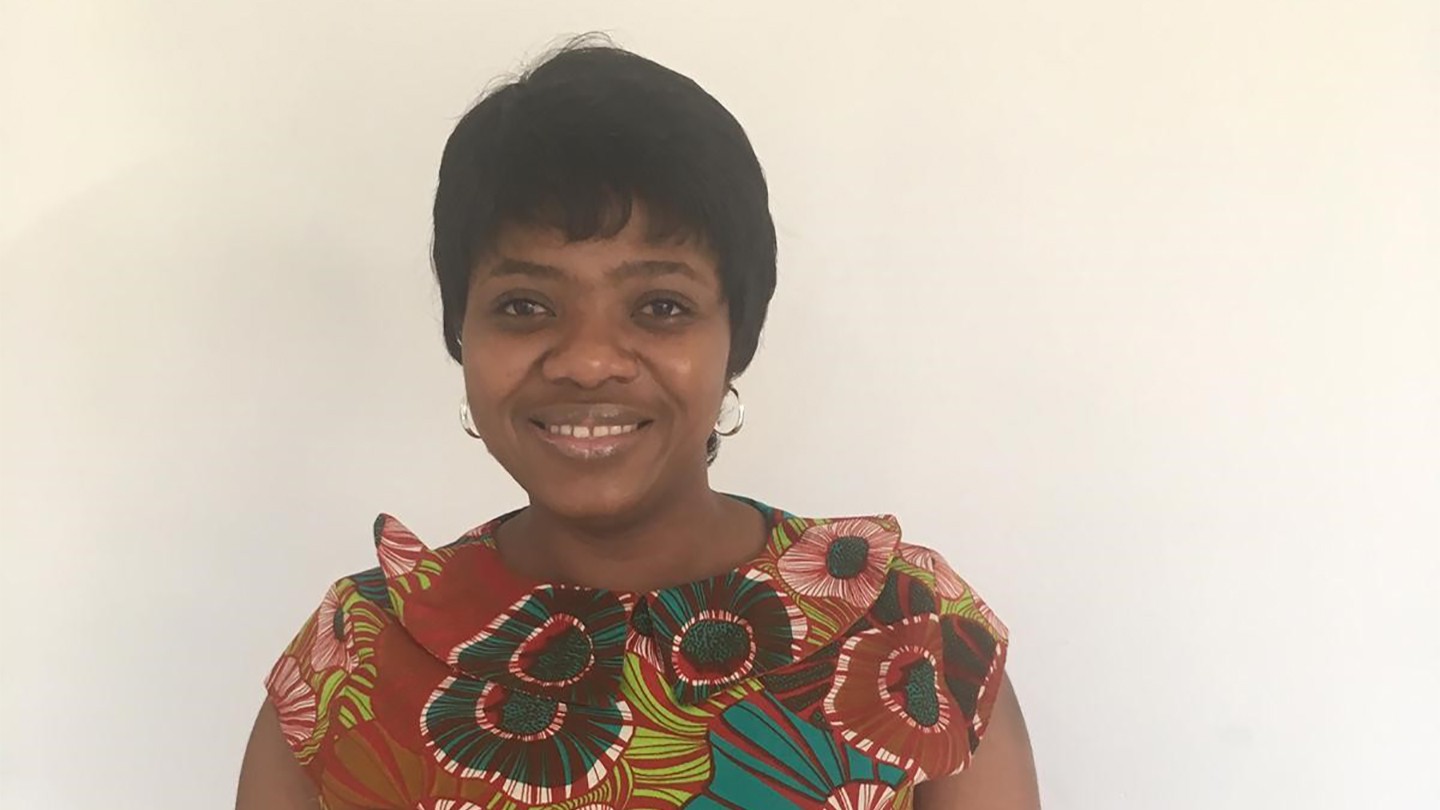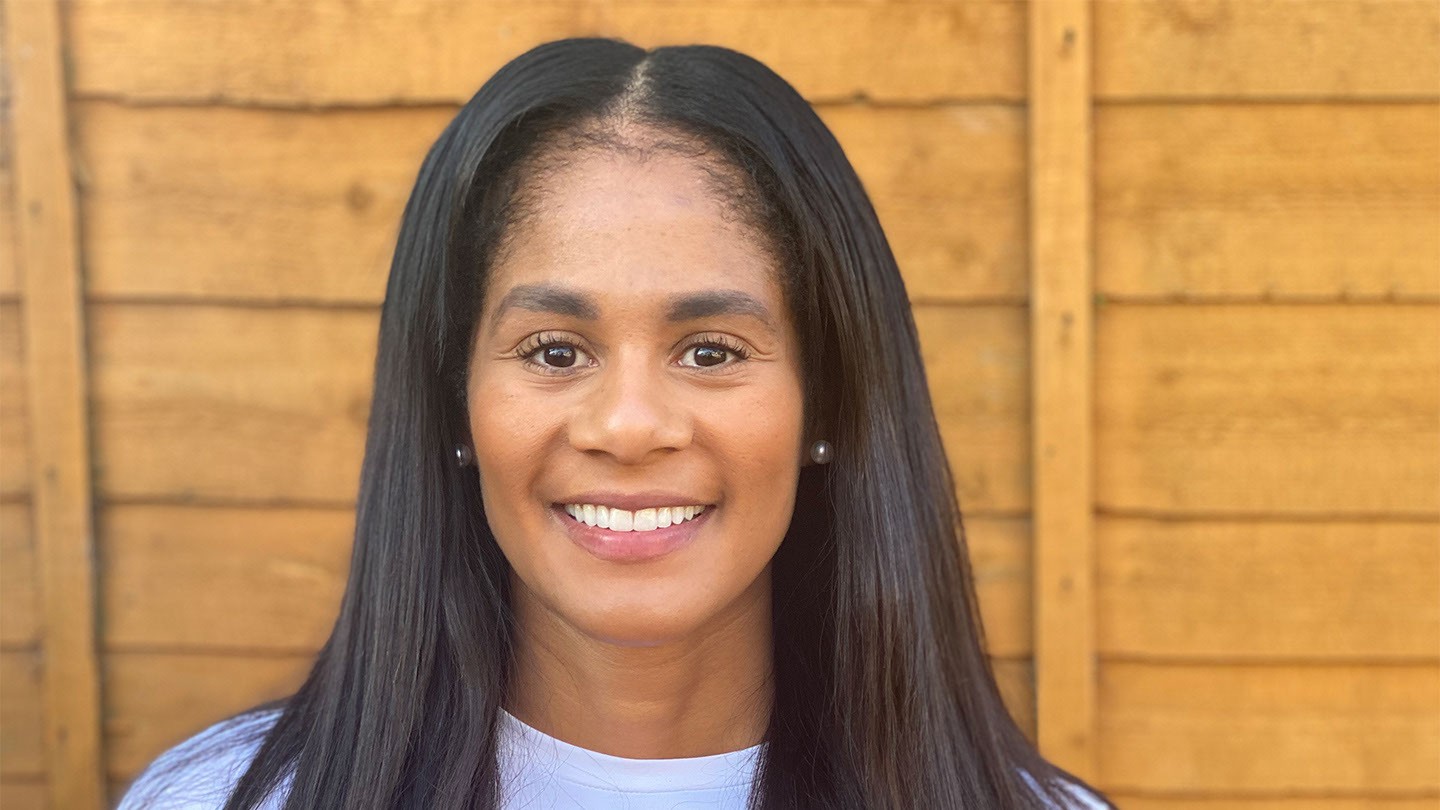
Culture
Colleagues share what Black History Month means to them
As the UK’s Black History Month draws to a close, some of Barclays’ colleagues from across the bank share what it means to them – and why it’s crucial to take the focus into the rest of the year.
“Black history should be learned and celebrated every day, not just for one month,” says Annika Allen, Content Manager for Global Diversity and Inclusion at Barclays. “Since it isn't, Black History Month gives us a chance to rewrite and reclaim the narrative.”
The UK’s Black History Month each October is an opportunity to commemorate and celebrate the histories, cultures and achievements of black people around the world. Started in 1926 in the US as a week-long event, the month was first celebrated in the UK in 1987 – and has since seen talks, exhibitions and events marking the month run throughout the country, and online.
“It is an opportunity to reflect on the amazing contributions of and challenges faced by black people throughout history, to highlight the voices yet to be heard and the stories yet to be told,” adds Allen.
This year, the disproportionate impact of the COVID-19 pandemic and the killing by US police of George Floyd, which prompted a new wave of global Black Lives Matter protests, have only emphasised the importance of encouraging education and discussions that go beyond Black History Month.
Felix Peter-Thomas, Business Relationship Manager at Barclays UK, says the events of 2020 have highlighted the continued discrimination facing black people and “made me understand the importance of being actively anti-racist”.
Black History Month is an opportunity to reflect on the amazing contributions and challenges of black people throughout history, to highlight the voices yet to be heard and the stories yet to be told
Content Manager for Global Diversity and Inclusion at Barclays

Annika Allen is a Content Manager for Global Diversity and Inclusion at Barclays.
He continues: “I felt like we were heading in the right direction and had actually been lulled into a false sense of security and safety. [These events] made me rethink my perspective. I simply want my son to grow up in a world that will give him a chance to prove himself – and not pre-judge him based on the amount of melanin in his skin.”
Karen Msowoya, Legal Counsel at Barclays, says: “The events in and of themselves are not new – the underlying issues of institutional racism, policing, human rights, justice and equality have been around for centuries. The difference is that this time around, we are all having frank conversations about race, diversity and inclusivity.
“There is a sense of optimism that something will change. It starts with education and understanding our shared history – all of it – even the parts that we are uncomfortable talking about and are omitted from the school curriculum.”
Rebekah Taitt, Relationship Director at Barclays Corporate Banking, adds: “It has been a rollercoaster of emotions. It is really difficult to explain the impact it has when you read certain articles or turn on the news to see an issue that just shouldn’t be an issue in my eyes – and has been for far too long.
“Beforehand, talking about race was a taboo subject that sometimes I didn’t even allow myself to think about. The recent events around the world have meant that I am having more conversations on ‘black culture’, whether it’s at work, on the phone to friends or around the dinner table with family.
“It fills me with hope and inspiration when you see everyone from all over the world standing together and supporting the black community, regardless of background, age, ethnicity or gender.”

Gloria Ayinnemi is a Go-to Banker at Barclays 360.
Black History Month gives me the opportunity to teach my children and friends a little bit more about my culture and heritage – even though I do this at every given opportunity
Barclays 360
Celebrating achievements
Colleagues across the bank have marked Black History Month in different ways. While most in-person events are on hold during the coronavirus pandemic, this year colleagues have organised and taken part in Barclays’ virtual events.
Before lockdown, Msowoya marked the month by finding out more about black authors and playwrights. “I love going to the theatre and get excited every October as I know that there will be some plays that bring to life stories that resonate with me,” she says.
“Black History Month was also my introduction to one of my favourite authors, Chimamanda Ngozi Adichie, at the Cheltenham Literature Festival. For me, it’s an opportunity to meet new authors, hear from the very best in contemporary African art, music and fashion.”
For Taitt, it’s a time to “look back in history to see what others have done to get us to where we are today but also to reflect and celebrate those that have struggled for us”.
The recent events around the world have meant that I am having more conversations on ‘black culture’, whether it’s at work, on the phone to friends or around the dinner table with family
Relationship Director at Barclays Corporate Banking

Rebekah Taitt is a Relationship Director at Barclays Corporate Banking.
Gloria Ayinnemi, Go-to Banker at Barclays 360, says the month gives her an opportunity to teach her children and friends “a little bit more about my culture and heritage – even though I do this at every given opportunity”.
Raphael Dowokpor-James, Regional Business Channel Manager at Barclays UK, adds that it’s both a time for everyone to learn more about black history – and also to “take stock of some of the great achievements by people from the black community”.
Earlier this month, Barclays launched a new plan to improve opportunities for, and representation of, our Black colleagues, and reinforce our stance of zero tolerance on racism. Find out more about our 12-point Race at Work Action Plan.
Read more about Black History Month at Barclays.